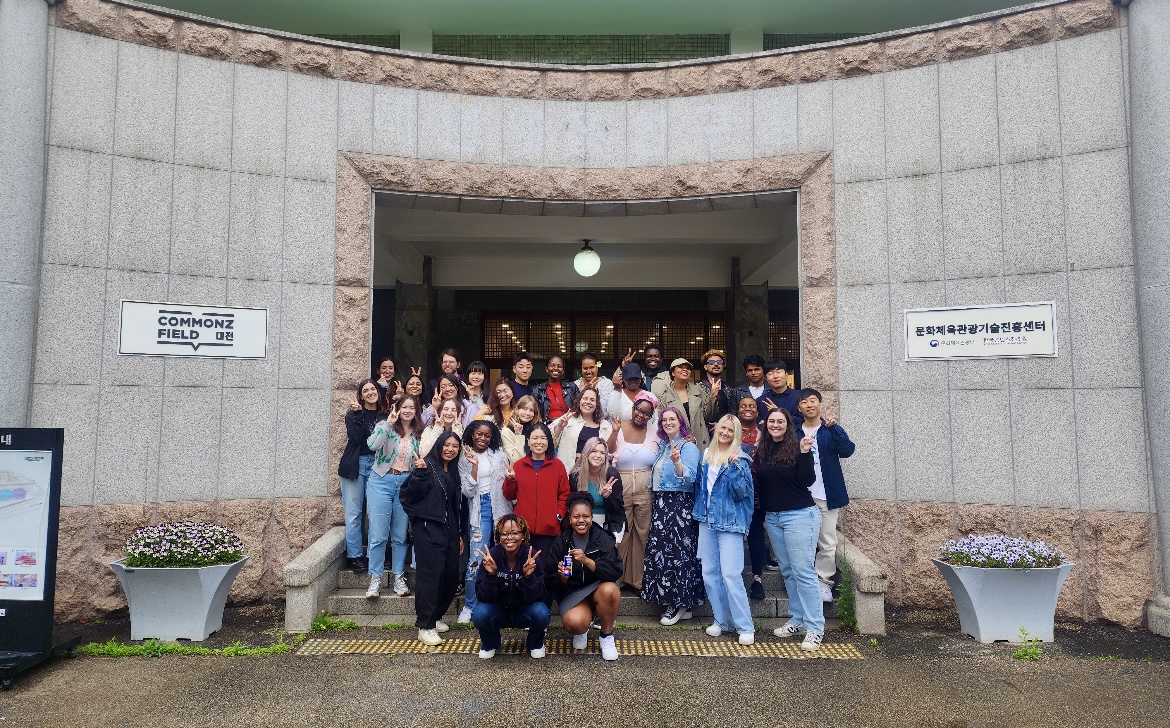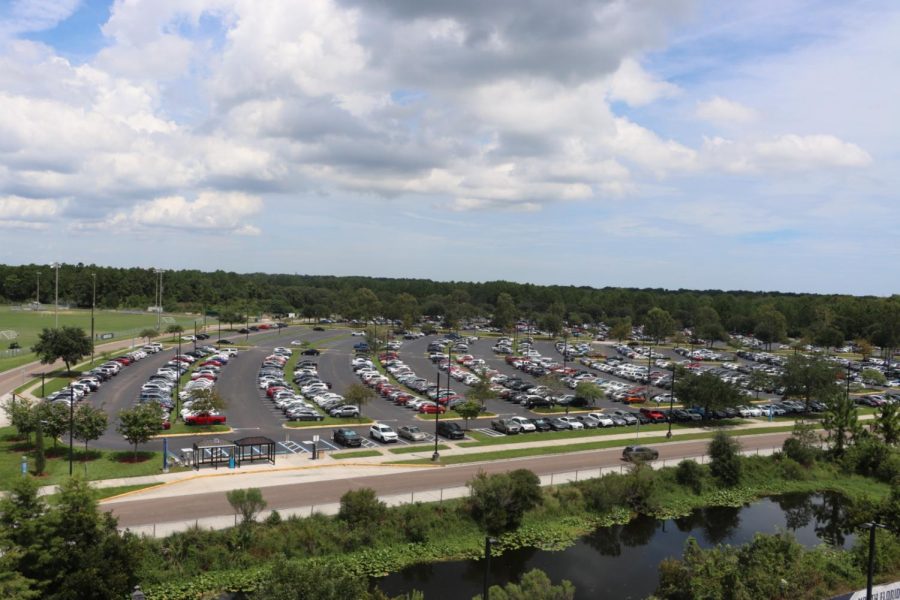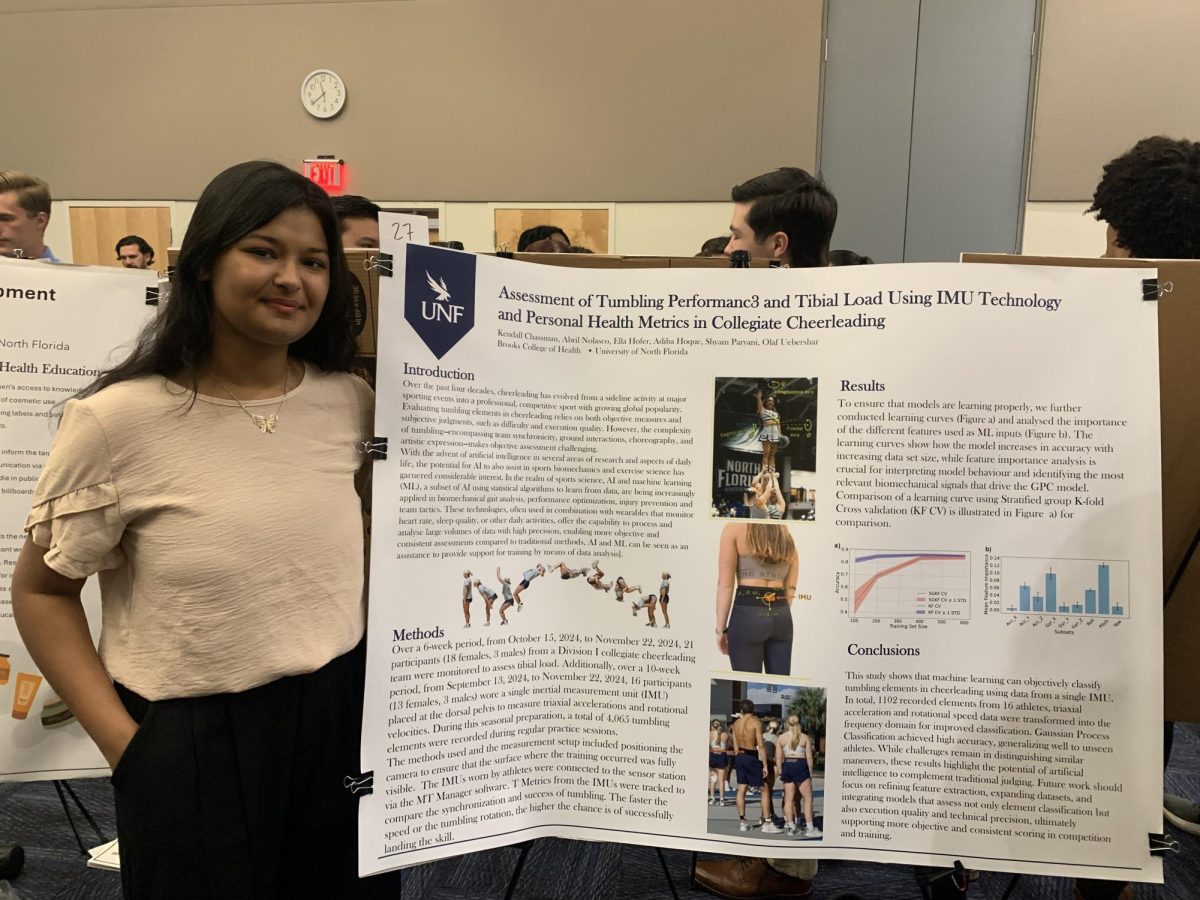A recent viral video showcasing a UNF student using American Sign Language (ASL) to communicate with a deaf customer at a St. Augustine Starbucks has brought interpreters and the deaf community to the forefront.
Katie Wyble, a public relations junior at UNF, said she was just doing her job when she used her knowledge of ASL to take a deaf customer’s order in a drive through.
“It was just any other day,” Wyble said. “Business as usual.”
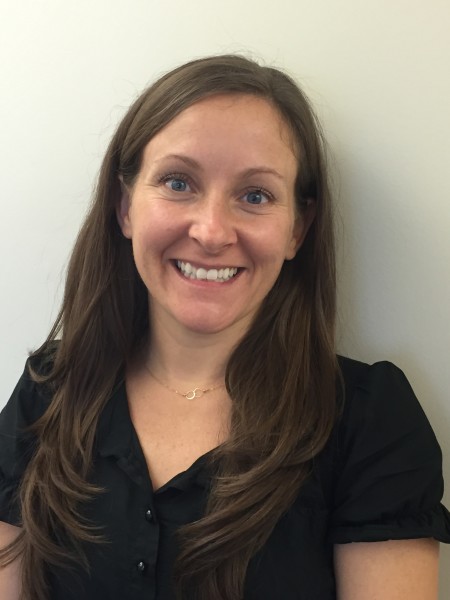
The video has been shared by MTV, the Huffington Post and Buzzfeed, and has more than 11 million views, prompting people from all over the world to reach out to Wyble.
“The first message that I got was from a man just saying how happy he was to see a video like this, and to thank me for doing something good in a world otherwise evil,” Wyble said. “And that just completely blew me away.”
Wyble hopes that her video has an impact on those who watch it.
“I hope that people get a little bit more exposure to the deaf community, a little bit more awareness, and a little bit more compassion,” Wyble said.
Though Wyble is not pursuing a degree in interpreting, UNF’s College of Education and Human Services (COEHS) recently made it a little easier for students to become ASL/English interpreters.
The college began the Community Interpreting concentration in January 2015, offering UNF students the opportunity to get a bachelor’s degree in interpreting. Previously the only option for students was to get an associate’s degree in interpreting from another school, then come to UNF for the final two years of their bachelor’s.
Dawn Wessling, a staff interpreter and instructor for COEHS, said that the program was started to meet students’ needs.
“We were losing valuable students that had already formed a relationship with the faculty here,” Wessling said. “While we have great relationships with these two year programs, it seemed like a not very smart way to handle things with students that we already had a good relationship with.”
Interpreting has been around for a very long time. Ever since there have been different languages, there have been people to help others communicate. However, Wessling pointed out ASL interpreting isn’t always given the same weight as interpreting other languages.
While someone studying French or Spanish may go to graduate school before they are qualified to be an interpreter, those studying ASL are only now expected to have similar training.
Part of this, Wessling said, stems from the fact that in the past interpreters often didn’t receive formal education.
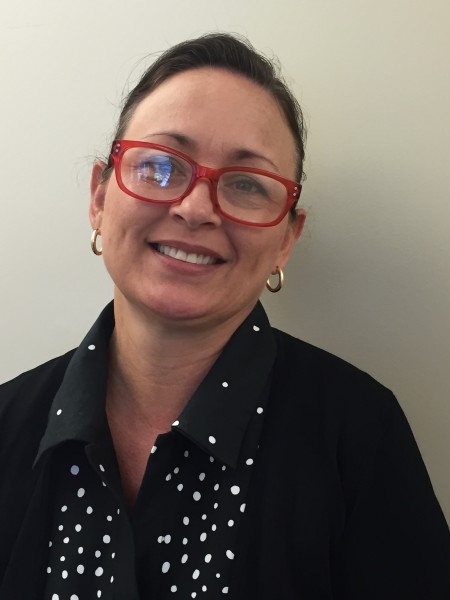
“A lot of people who were [interpreting] for people in the deaf community were family members,” Wessling said. “The access point to become an interpreter was from the community– the deaf community itself, and so oftentimes it was done on a volunteer basis, and people just assumed that that was the norm or that’s the way it should be.”
According to Wessling and Kelly Lindsey, a graduate research assistant in the ASL/English Interpreting Graduate Program at UNF, there’s a nationwide shortage of sign language interpreters.
“We could be graduating 50 students a semester and it still wouldn’t be enough, it still would not meet the need that’s really out in the community.”
Lindsey points out that interpreters go everywhere that there is human communication: doctors offices, lawyers offices, real estate transactions, hiring and training for jobs and schools are just a few examples of places that interpreters are needed.
For Lindsey, the video of Wyble taking a deaf person’s order in a drive through was great to see since it helps spread information to people who may not have experience with deaf people.
“I think it’s just really neat that this was something that she was really proud of in her community,” Lindsey said of the woman who made the video. “It was really nice to see something that was genuine, ‘cause that was a real thing,” Wessling said. “This is a real student, this is a real barista who works at Starbucks, and a real deaf customer. It wasn’t something that was set up or contrived. It was a true interaction.”
—
For more information or news tips, or if you see an error in this story or have any compliments or concerns, contact features@unfspinnaker.com.






